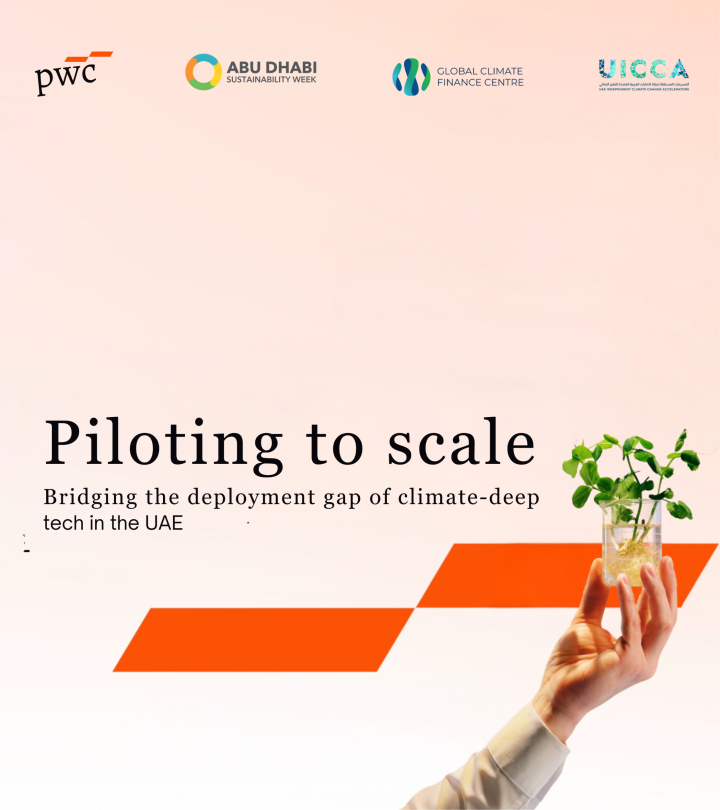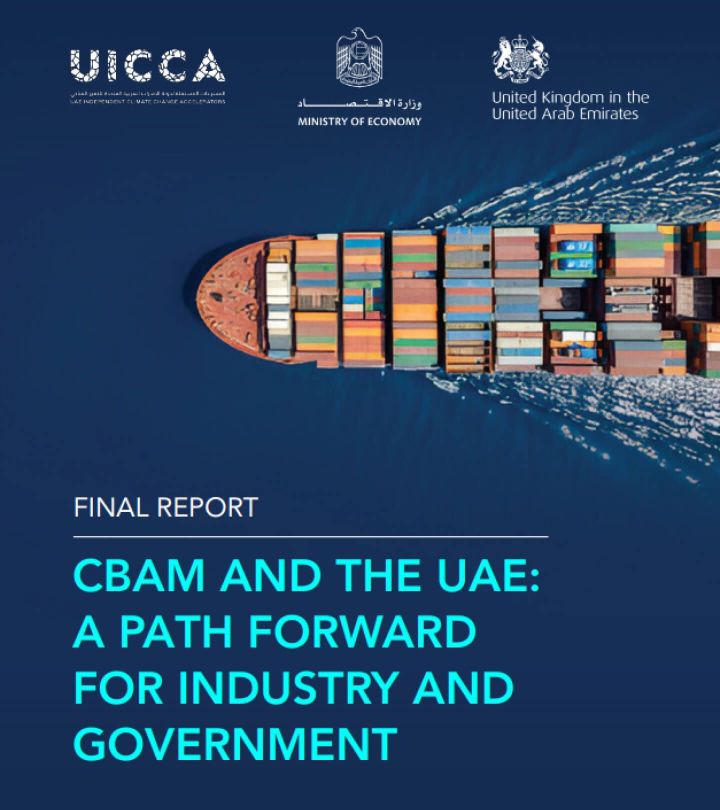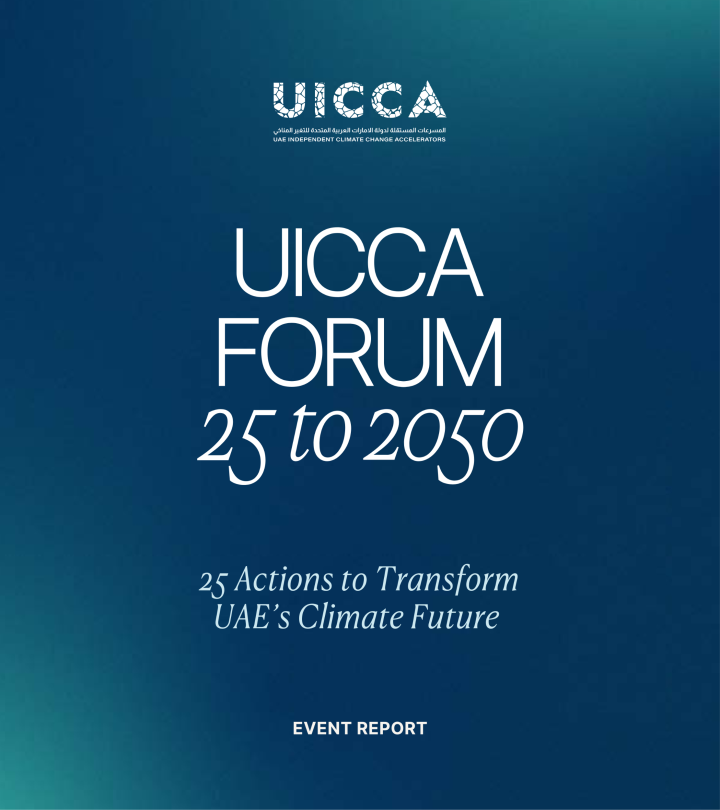This report captures key takeaways from the Policy Hack: Empowering SMEs to Drive Supply Chain Decarbonisation in Heavy Industry, an event that convened stakeholders from the public and private sectors to explore strategies for advancing decarbonisation in heavy industry supply chains. The discussions highlighted the critical role of small and medium enterprises (SMEs) in driving these efforts, emphasising the need for innovation and collaboration to address existing gaps.
The policy hack was structured around five focused workstreams, which generated actionable recommendations and identified the enabling conditions necessary to support SME-led decarbonisation. Insights gathered during the event aim to inform the development of a robust policy framework that fosters SME innovation and leadership in reducing emissions.
UICCA is committed to advancing this dialogue and driving continued collaboration to refine these ideas, ultimately contributing to the UAE’s efforts in transitioning to a low-carbon economy and supporting global climate goals.





